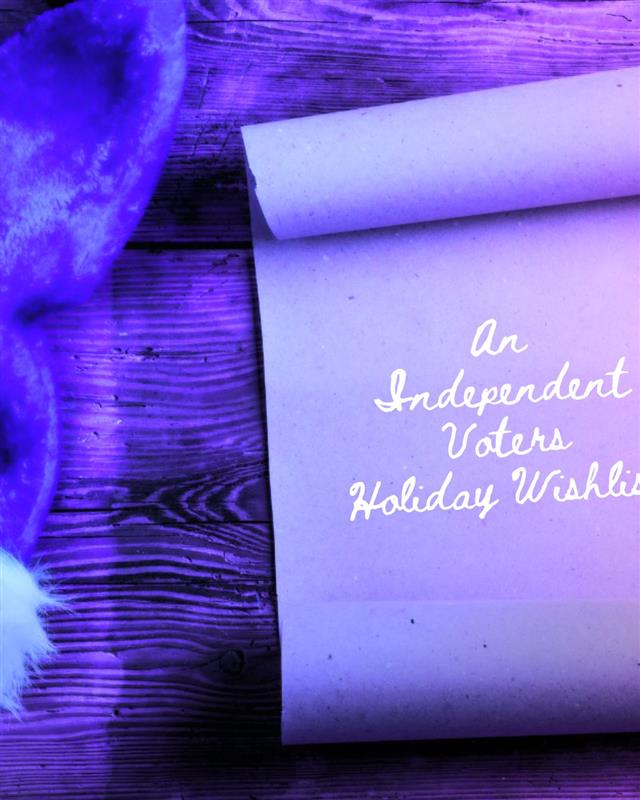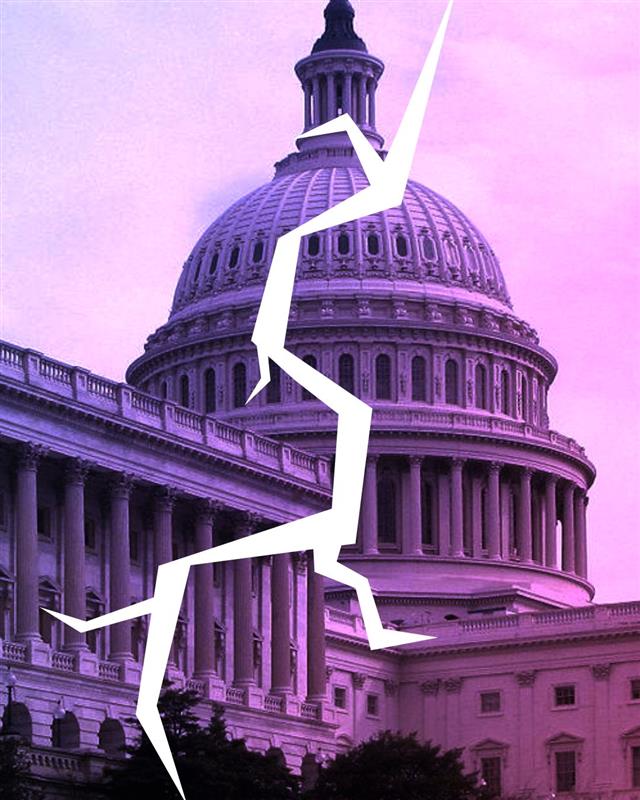Independent voters demand more choices in politics and policy
The Big Picture
Independent voters make up over 40% of the electorate—a larger share than either Democrats or Republicans. Yet, they remain one of the hardest voting blocs to define. What do independents want?
At the Independent Center, our research consistently points to a central theme: independent voters want more choices—in candidates, in policy solutions, and in how their government operates.
This is not just about ideological differences. Many independents do not feel represented by either party and reject the constraints of the current system. Our polling reveals that a vast majority of independents feel unheard in Washington and favor structural reforms that would give them more political options.
Zooming In
Independents are dissatisfied with both parties
When asked about their opinion of the two major parties, independents expressed broad dissatisfaction. We presented a randomized list of elected officials and political institutions and asked respondents to indicate their favorability.

- Over 60% of independents hold an unfavorable view of both the Democratic and Republican parties.
- Only 7% of independents view the two major parties very favorably.
- When asked "Do you feel your voice is being heard in Washington?" an overwhelming 66% said no.
Independents want viable alternatives to the two-party system
Given this dissatisfaction, it’s no surprise that independents want more candidates and parties to choose from.
When asked "Would you like to see a viable third-party candidate run for president in 2024?", 70% of independents said yes.

Independents favor competition in government programs
Choice is not just a priority in elections. Independents want competition in public policy solutions—a mix of government and private options that allow individuals to choose what works best for them.
When asked "What would make government more effective?", 40% of independents supported reforms that introduce more private-sector competition, compared to just 19% who favor expanding government-run programs.

Independents want more options in education and healthcare
On key policy issues like education and healthcare, independents overwhelmingly favor systems that offer both government and private options:
- 51% of independents support school choice vouchers, allowing parents to choose between public and private schools.
- 52% favor a mixed healthcare model, where the government guarantees universal access but allows for private options.


Independents are centrists, not extremists
One of the biggest misconceptions about independents is that they are either far-left or far-right. The data does not support this.
In reality, the majority of independents self-identify as centrists:
- 69% prefer bipartisan candidates who work across the aisle.
- Most favor pragmatic solutions, rejecting extremes from both parties.
Independent Lens
Independent voters are rejecting the false binary choices presented by the two major parties. They want:
- Viable third-party options in elections.
- A government that fosters competition rather than monopolizing services.
- Choice-driven policies that allow flexibility in education and healthcare.
- Pragmatic leadership that prioritizes real solutions over partisan gridlock.
Candidates and policymakers should take note: independents hold the power in today’s electorate. They will not be won over by partisan loyalty but by leaders who embrace choice, competition, and bipartisan solutions.
If our political system fails to offer these options, expect independent voters to keep searching for alternatives—until they find them.





%201.jpg)